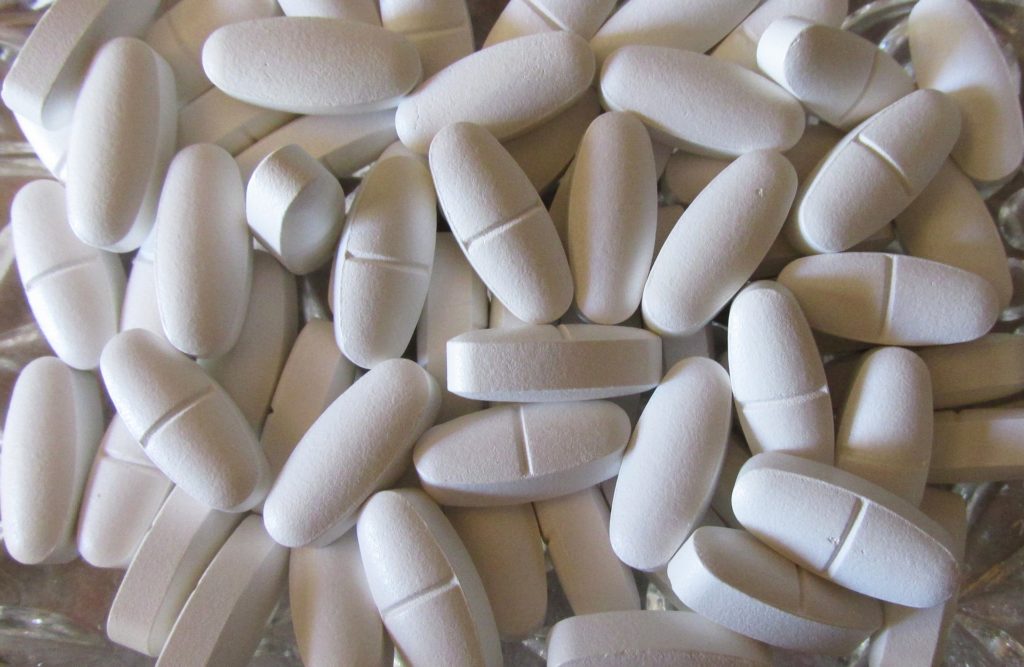
A recent study published in BMJ Nutrition Prevention & Health reveals a concerning prevalence of micronutrient deficiencies among people with type 2 diabetes. The analysis highlights vitamin D as the most commonly missing nutrient, with women particularly at higher risk of these deficiencies, often called “hidden hunger.”
The Study and Its Findings
Micronutrient deficiency, wherein essential vitamins and minerals for healthy bodily function are far too low, poses a significant challenge for those with type 2 diabetes. The pooled data analysis encompassed 132 predominantly hospital-based studies with 52,501 participants from 1998 to 2023.
The global prevalence of micronutrient deficiency in people with type 2 diabetes was found to be 45%, with 40% of those with complications of their disease. Specifically, 60.5% had very low vitamin D levels, making it the most common deficiency. Magnesium deficiency affected 42%, iron deficiency 28%, and vitamin B12 deficiency 29%, with a higher incidence among patients taking metformin.
Factors Contributing to Deficiency
The study suggests that various factors, including genetic predisposition, environmental influences, sedentary lifestyle, unhealthy diet, and obesity, contribute to these deficiencies. Previously published research indicates that micronutrients are crucial in developing type 2 diabetes, potentially affecting glucose metabolism and insulin signalling pathways.
Professor Shane McAuliffe, Visiting Senior Academic Associate at NNEdPro Global Institute for Food, Nutrition and Health, emphasizes:
“This systematic review exemplifies the double burden of malnutrition, whereby nutritional deficiencies and diet-related non-communicable diseases, such as type 2 diabetes, co-exist. The treatment of type 2 diabetes often tends to focus on energy metabolism and macronutrients. Still, identifying a higher prevalence of specific micronutrient deficiencies in those affected is a reminder that optimizing overall nutrition should always be a priority.”
Conclusion and Implications for Future Research
Identifying these deficiencies underscores the importance of a comprehensive approach to diabetes management that goes beyond macronutrient focus to include the optimization of overall nutrition. The findings of this study aim to inform future research and policy initiatives, emphasizing targeted and tailored interventions to address micronutrient deficiencies and improve the overall health of individuals with type 2 diabetes.
This research should help to focus efforts on understanding and addressing the causes and effects of these deficiencies, ultimately leading to better health outcomes for those affected by type 2 diabetes.
For those interested in further details, the full study is available in the open-access journal BMJ Nutrition Prevention & Health.



